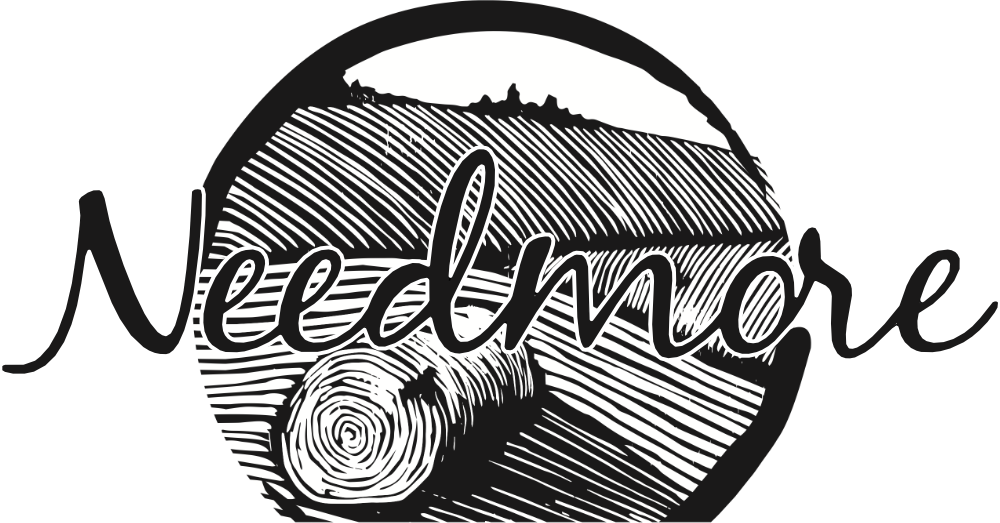Like most college towns, Bloomington has no shortage of local coffee roasters to fuel the grind (no pun intended) of university coursework. Coffee shops are the life-blood of our diverse student population. They provide an energizing community space to study and to discuss our most pressing social problems. However, even though small-batch coffee roasters have long served as havens of progressive thought, women are still strikingly underrepresented in the specialty coffee industry. According to Sabine Parrish, who is working on a Master’s thesis at Oxford that looks at how the “ideal barista” is represented in barista competitions, “while nearly 70% of tipped food service workers in the U.S. are women, close to 75% of barista competitors in recent years have been men.” In other words, although women are certainly working in specialty coffee, their labor is still less visible than their male counterparts’.
Why does this disparity persist? Our own cultural associations between masculinity and coffee may be to blame. As London journalist Helen Davies eloquently states, “Coffee—especially strong, black coffee—is coded as unquestionably masculine. It’s fuel for a hard day’s work; it inspires physical and mental intensity and is the drug of choice for anyone who needs to work hard or play hard. And the more you drink, and the stronger you take it, the more of a man you are.” Even though the image of the coffee drinker has become less gendered, these associations between coffee and masculinity persist. Now that coffee production has been recognized as an art akin to wine-making or professional cooking, it has also been recategorized as a skilled profession—a man’s job—which has made it harder for women to get jobs and advance in the field. Although women are certainly working as growers, roasters, and baristas, As Parish’s scholarship demonstrates, the “ideal barista” is still stubbornly male.
How, then, do we change the face of local coffee? One cup at a time. Needmore Coffee started with a woman and a one-pound, electric roaster. As a woman-owned small-batch coffee roaster, we are doing our part to increase transparency and female representation in specialty coffee. We are proud to source our beans from small family farms, such as the women-owned 18 Rabbit Farm in the Maracala region of Honduras. You can read more about owner Señora Flhor’s fascinating experiences as a woman in small-batch coffee production on our blog. We hope that by sharing stories about the different kinds of labor that go into every cup of coffee you enjoy, we can inspire the many women who take pride in the science and craft of coffee to make their voices heard and gain recognition for their talents.





You must be logged in to post a comment.